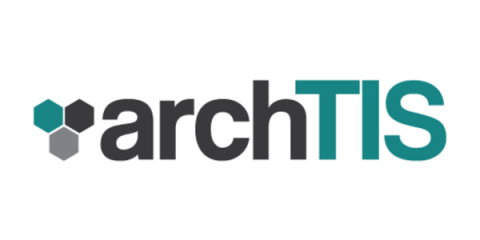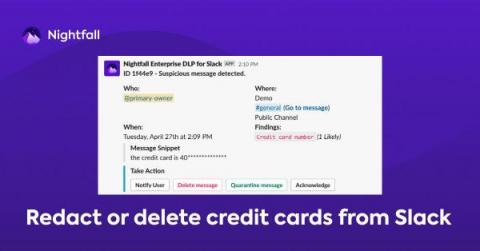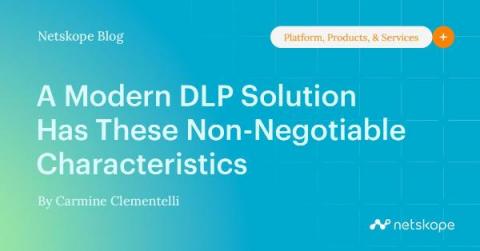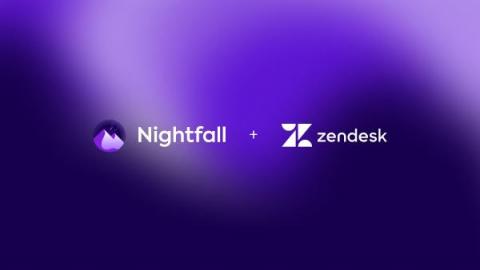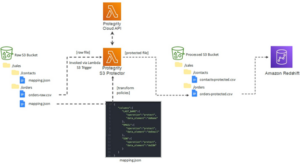Encrypting files and emails: A beginner's guide to securing sensitive information
The content of this post is solely the responsibility of the author. AT&T does not adopt or endorse any of the views, positions, or information provided by the author in this article. In today's digital age, sensitive information is constantly being shared and transmitted over various electronic devices and networks.







